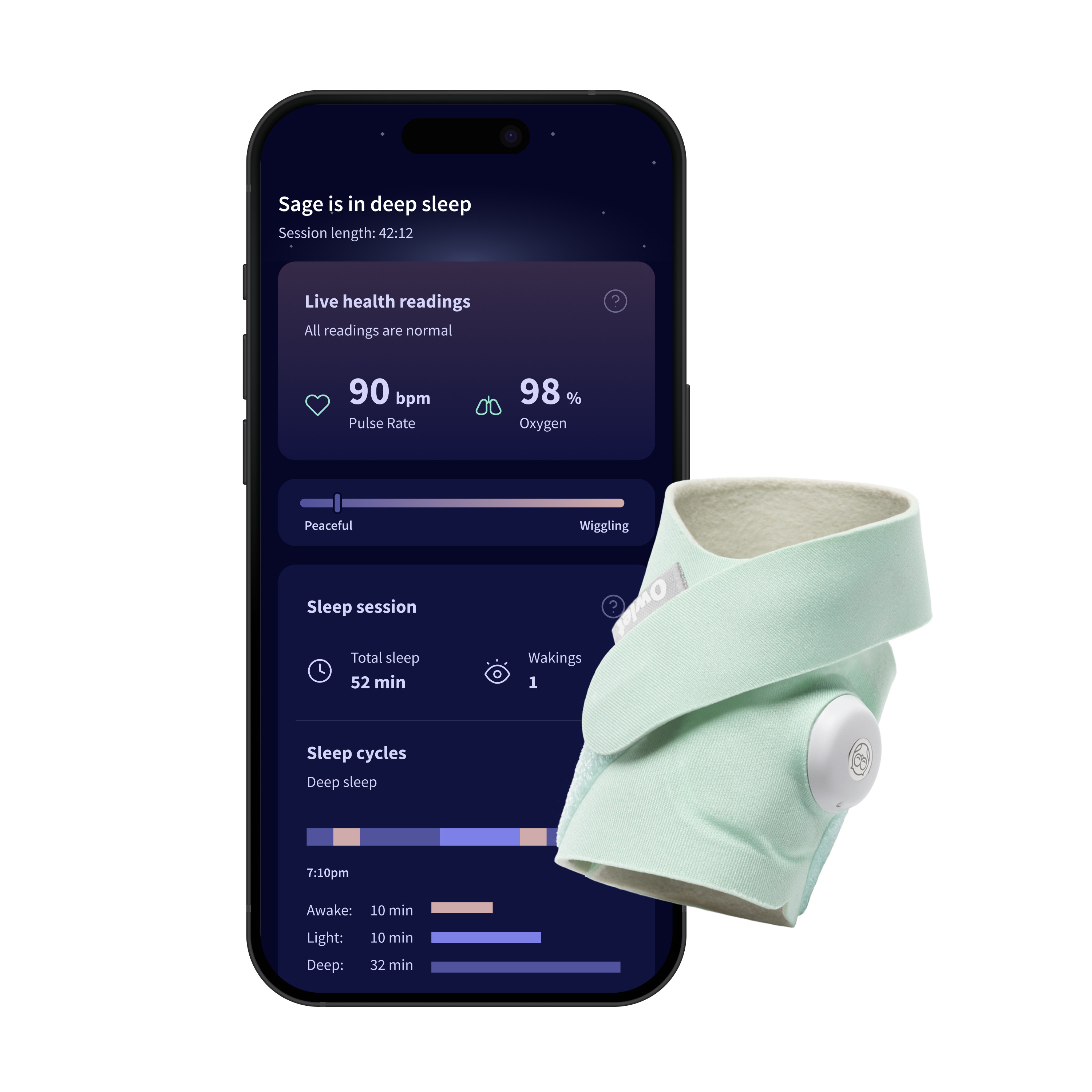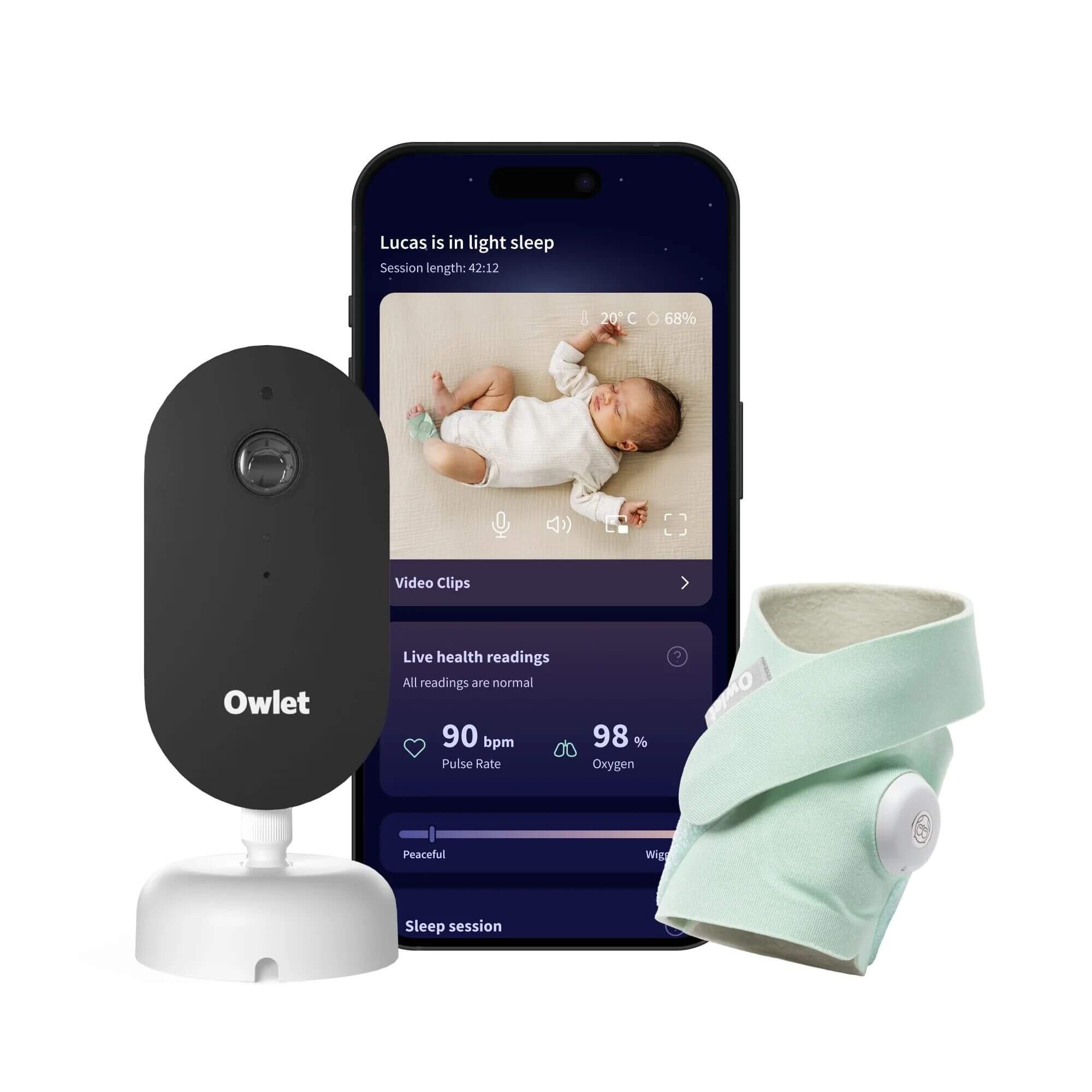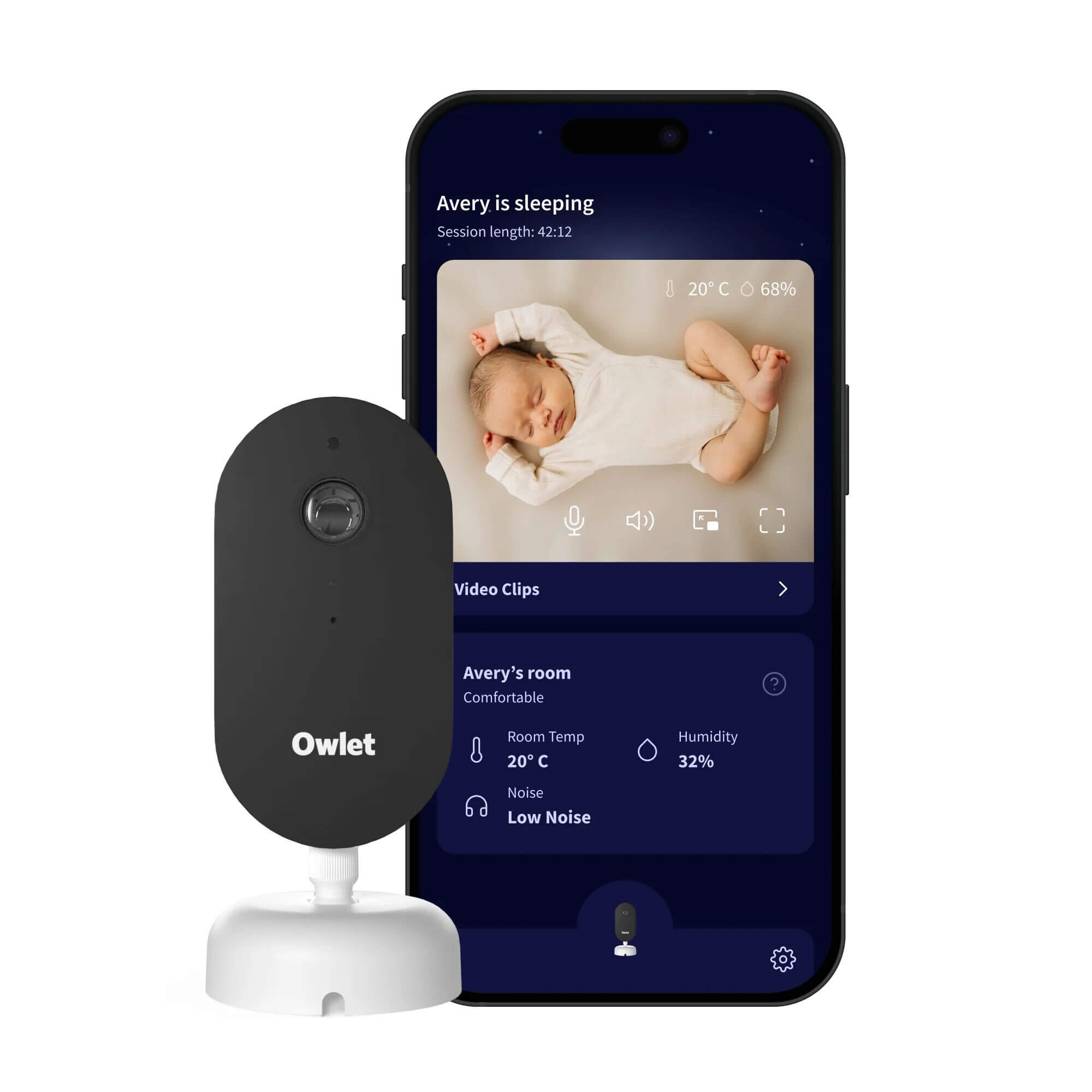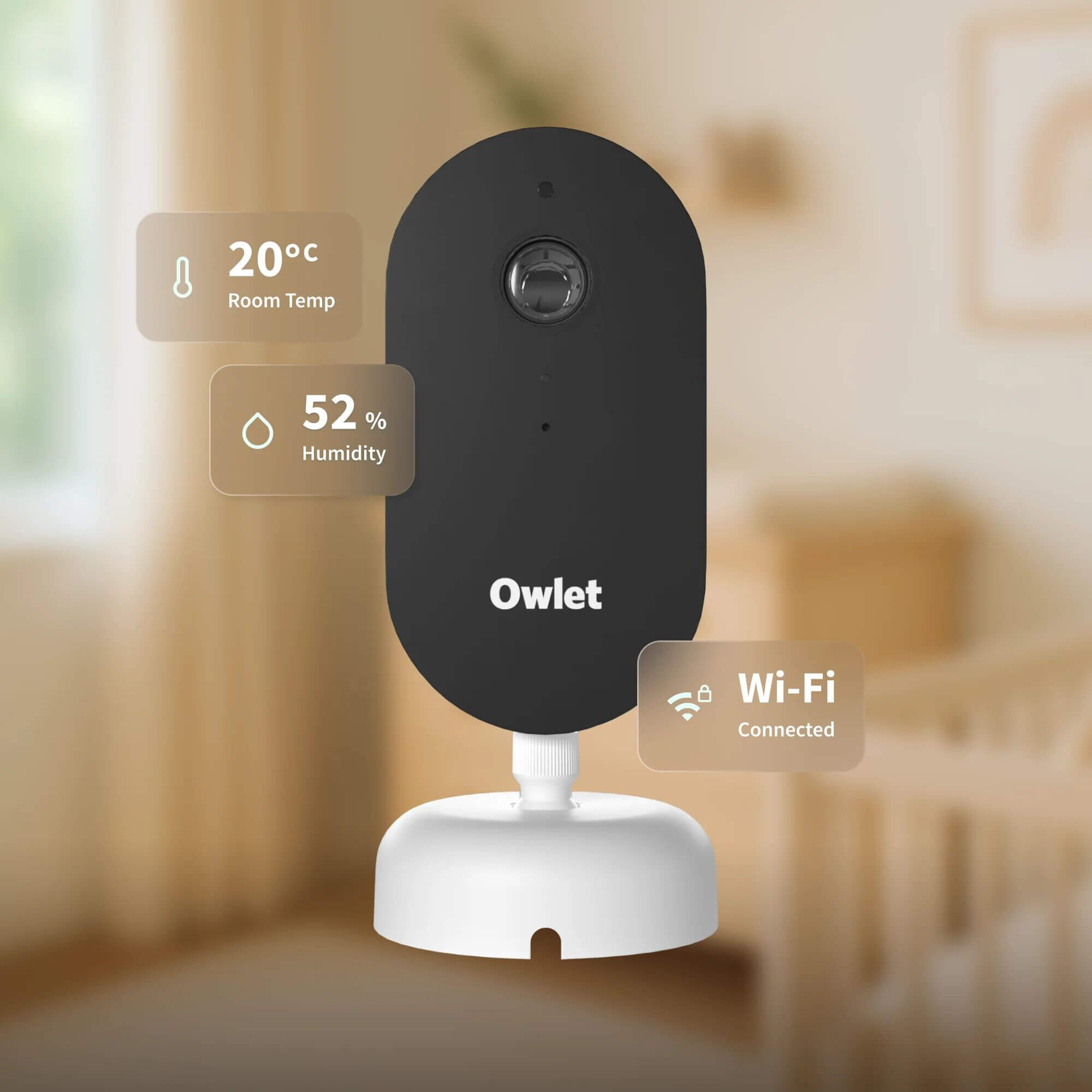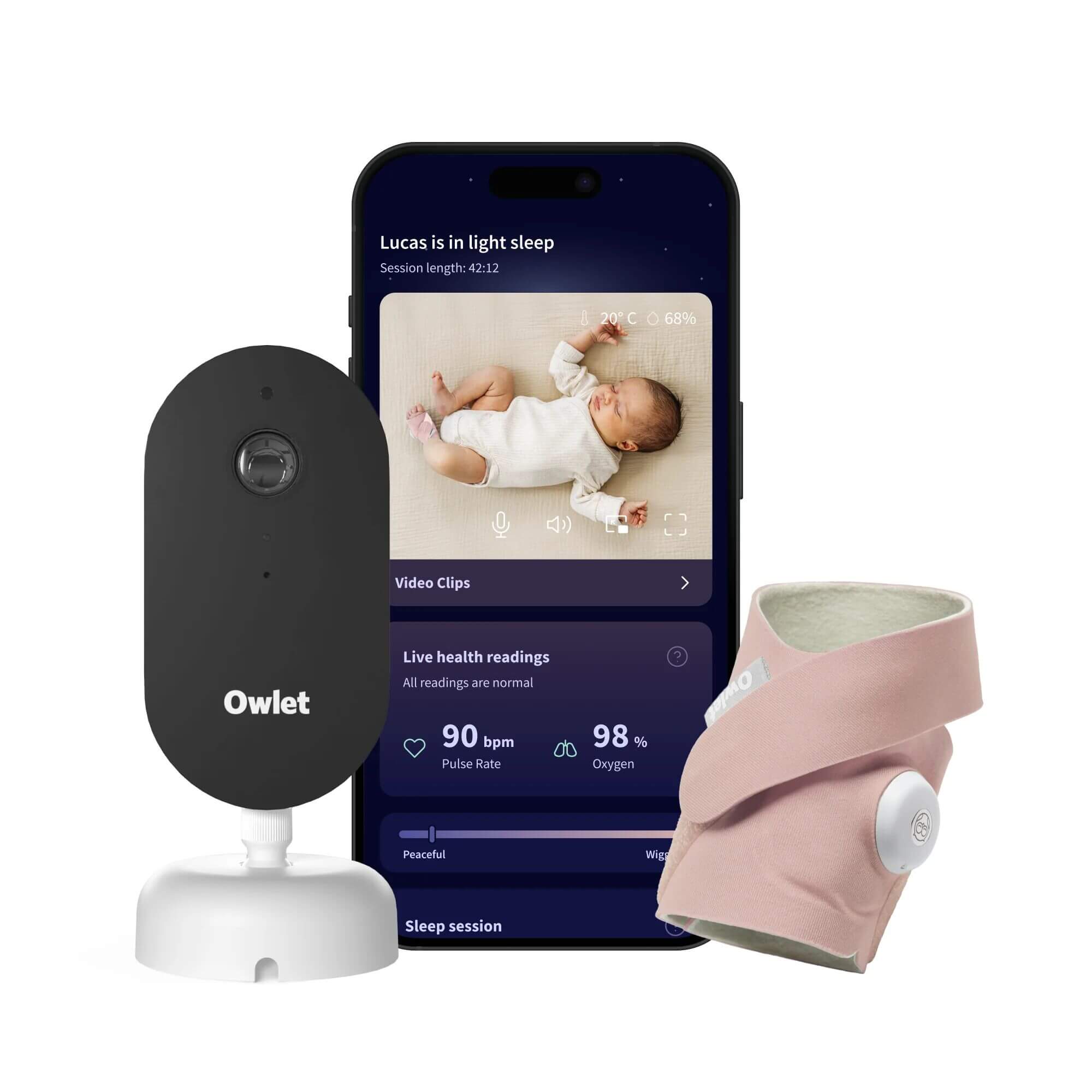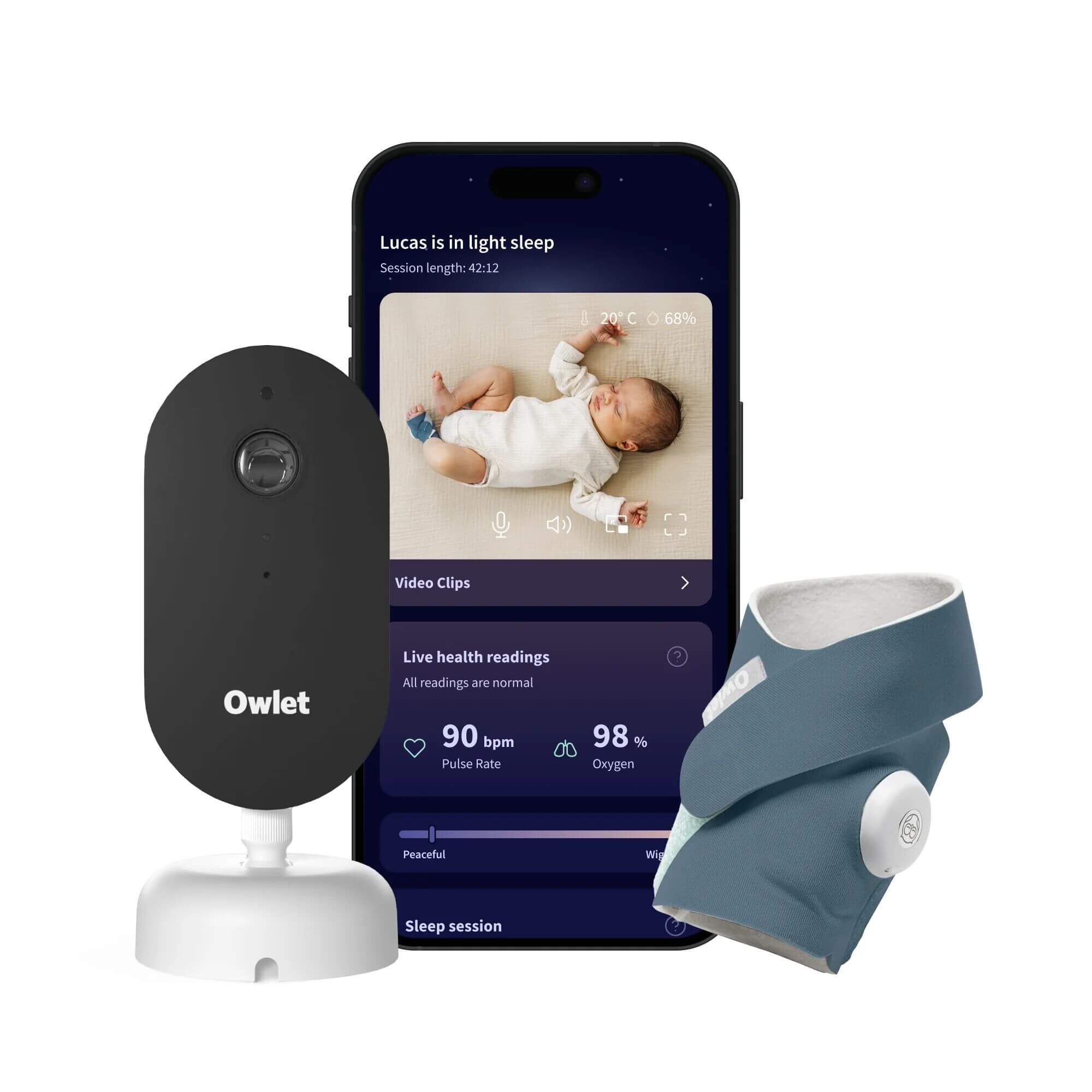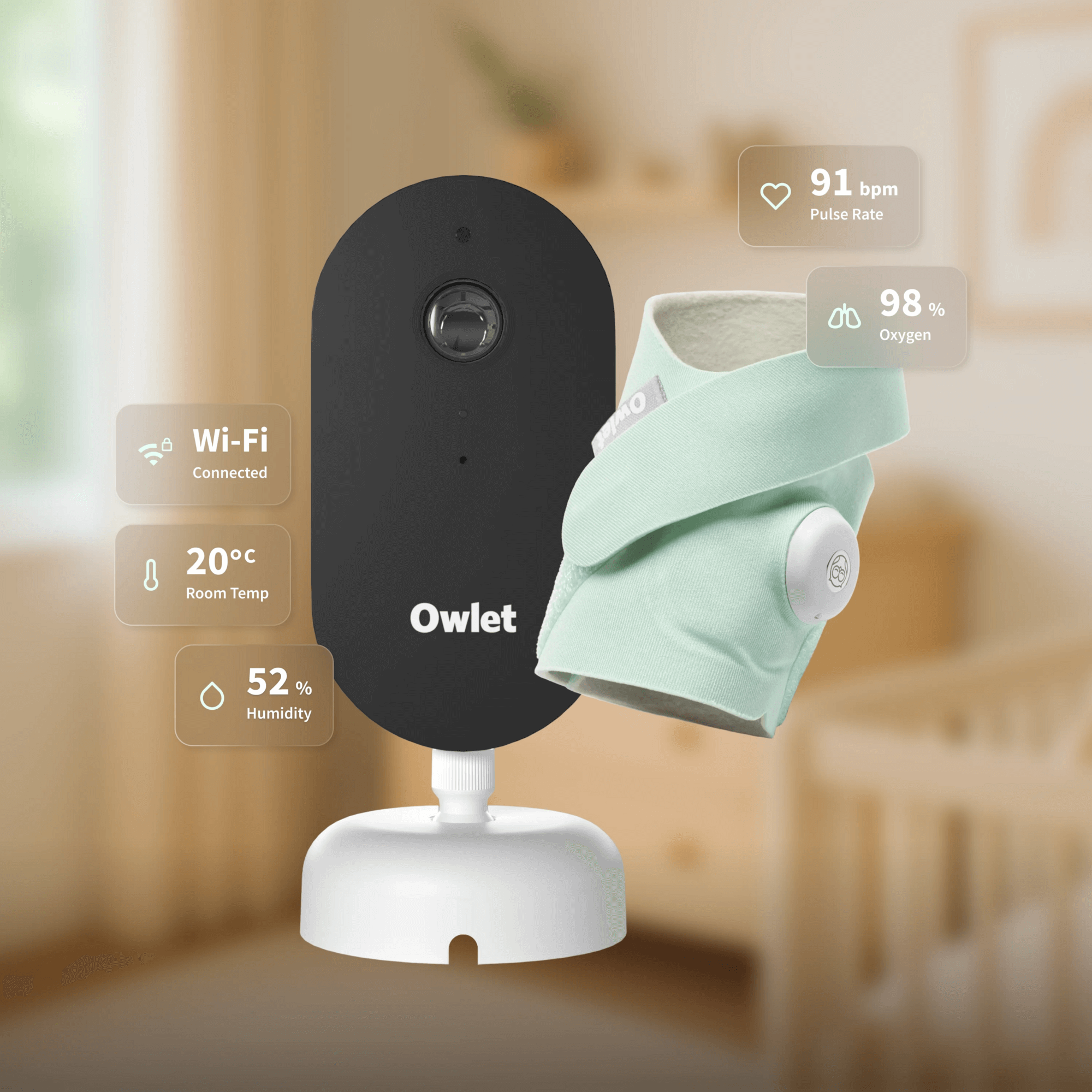Baby Safety Month: 5 Baby Safety Tips For New Parents
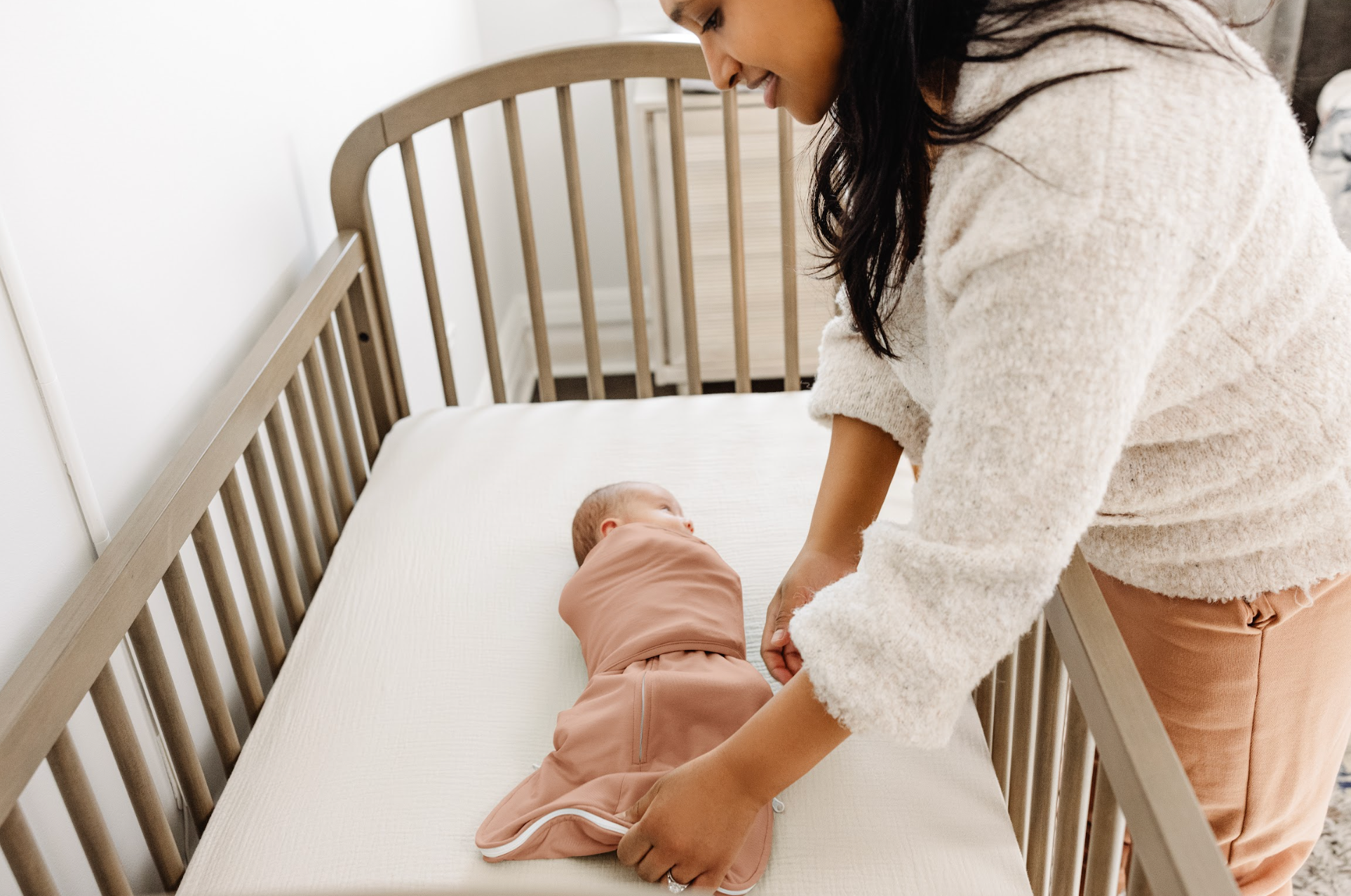
The content provided on this blog is intended for informational and educational purposes only. It is not a substitute for professional medical advice, diagnosis, or treatment. Always seek the advice of a qualified healthcare provider with any questions you may have and to learn more about your child's specific needs.
There is so much to consider when it comes to preparing for your baby’s arrival. But nothing is more important than your baby’s health and wellbeing! September is Baby Safety Month in the USA. To honour this in the UK, here are five top tips that will help you to keep your baby safe.
1. Set up a safe sleeping place
Sadly around 200 families are affected by sudden infant death syndrome (SIDS) every year in the UK. We don’t know what exactly causes SIDS but there are simple ways that parents can reduce the risk of this happening to their babies.
The Lullaby Trust (https://www.lullabytrust.org.uk) provides expert safe sleep advice and here are the key messages:
- Place your baby to sleep in a separate cot or moses basket in the same room as you, day and night, for the first 6 months
- Always place your baby on their back to sleep
- A clear cot is a safe cot. This means no toys, bumpers, pillows, pods or loose bedding
- Breastfeed your baby, if you have the option to do so
2. Wear your baby close and in view
Baby wearing is a wonderful way to meet your baby's needs during the first few months. It refers to carrying your baby in a sling or baby carrier for most of the day. It may be worth booking a baby wearing consultation, as this will help you to find the best sling and support you with how to use it safely and comfortably. The safest way to use a carrier is to ensure that your baby is held firmly in an upright position, where you can see their face and their airways are free.
Use this ‘TICKS’ checklist every time you wear your sling or carrier:
- Tight
- In view at all times
- Close enough to kiss
- Keep chin off the chest
- Supported back
3. Choose your car seat carefully
A car seat is one of the most important items you will buy for your baby, designed to prevent injuries in the event of a collision.
In the UK, the Law states that all children must travel in the car in an appropriate car seat until they are either 12 years old or 135cm tall. Here are some top tips to follow:
- Choosing a car seat that’s the right size for your baby is key. Get the car seat fitted professionally where possible - many retailers offer this service
- Fit the car seat in the back of the car. It is always safer for children to travel in the back of the car. If for some reason they need to travel in the front of the car, ensure the airbag is deactivated
- Newborn babies should not be in a car seat for longer than 2 hours at a time as it increases the risk of breathing difficulties. Take regular breaks on a longer car journey
- Where possible have an adult sit in the back of the car with the baby or use a mirror to keep an eye on your baby.
- Seek out reliable information. For information on the different types of car seats and how to comply with the law visit https://www.childcarseats.org.uk
4. Go smoke free
Did you know that 30% of sudden infant deaths could be avoided if mothers didn’t smoke when they were pregnant? Quitting smoking is not easy but is absolutely worth the effort.
When it comes to your baby’s safety:
- Try not to smoke during pregnancy and after birth
- Keep your home and car smoke free
- Don’t let people smoke near your baby
- If your or your partner smoke, you should not share a bed with your baby as it greatly increases the chance of SIDS
- For help and advice to stop smoking call the NHS Smoking Helpline 0800 0224 332 or visit the NHS website (https://www.nhs.uk/smokefree)
5. Take a Baby First Aid class
One of the best investments you can make is attending a baby first aid class. Ask any adults who will be spending time with your baby to also attend. There are even classes designed for children. Knowing what to do in an emergency could save a baby’s life.
Other things to consider:
- Have a first aid kit located at home and in your car or changing bag
- Find out where your nearest paediatric A & E is located as not all hospitals have one
- Download the British Red Cross App (https://www.redcross.org.uk/first-aid/first-aid-apps). This free app provides simple, easy-to-learn skills to help a baby or child in a first aid emergency
- Always seek medical attention if you believe your baby is unwell
